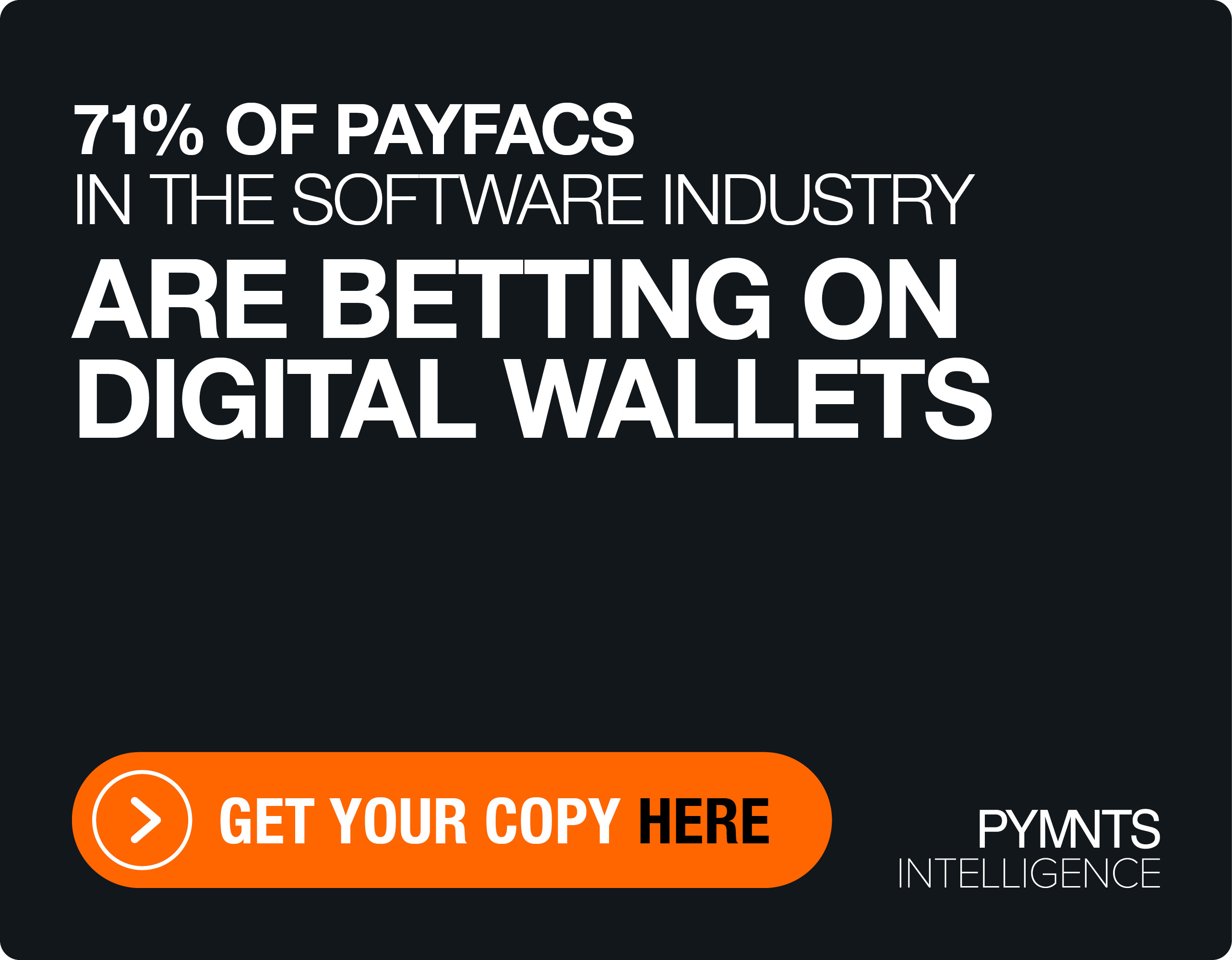Pundi X CEO On Dialing Up Digital Payments, Calling Up Blockchain Phones In Dubai

Well beyond bitcoin, blockchain is making inroads into the mainstream and cryptos are seeing a thaw when it comes to conducting commerce. In Dubai, blockchain payments provider has a green light to bring blockchain powered POS to stores — and, as Pundi X CEO Zach Cheah tells PYMNTS, the blockchain phone is the new phone on the block
A small test market could be ground zero for seismic changes in commerce and payments — and now possibly for cryptos. Consider Dubai, a city in the United Arab Emirates (UAE), home to 3 million souls. That’s a third of Manhattan’s population, if one is keeping score.
It’s a self-proclaimed blockchain city.
Dubai is gearing up for payments via digital coin through a concerted effort between the government and blockchain payments provider Pundi X, with hardware rolling out and a state-created cryptocurrency. This nascent market comes complete with incentives in place to get commerce via crypto more widely adopted, as consumers want to actually buy things with digital coins. For example, get ready for a mobile phone from Pundi X geared toward bringing blockchain into the literal hands of millions.
Thus, in two separate announcements from one company, we might glean a sense of blockchain underpinning various user experiences in daily life. In a nutshell: Cryptos at the register — with a helping hand from the government — and decentralized networks transmitting voice and data, free of phone numbers.
First, the firm said citizens of the UAE will be able to make digital payments using cryptos — transacting to pay bills and for goods in stores, and even make tuition payments. The announcement comes courtesy of a partnership between Pundi X, ebooc fintech & loyalty labs (a Pundi X partner and distributor) and emCredit, Dubai’s credit bureau.
Second, through the joint efforts, Pundi X will roll out its point-of-sale (POS) devices at storefronts in Dubai so bills can be paid. Payments will take place through the use of emCash, a cryptocurrency offered via emCredit and promoted by Dubai’s Department of Economic Development. The crypto itself is billed as a stablecoin equivalent of the UAE dirham.
Tokens — Not Just For Speculation
In an interview with Pundi X CEO Zac Cheah, the executive told Karen Webster that the announcement helps foster Dubai’s place at the forefront of cryptocurrencies, specifically in bringing cryptos to real world use cases. Dubai has made the commitment to become the “first blockchain city,” using those rails to send hundreds of millions of documents digitally and, of course, conduct transactions. The company will be rolling out hundreds of thousands of its XPOS — which accept fiat and crypto — in Dubai, he noted.
“So, when a person steps into a convenience store in Dubai,” Cheah said, “he or she can use the XPOS,” which is “modified to accept payment for different items, including government-related services.”
There are two ways to use the XPOS, he explained: via plastic card or through an app. That first conduit may be a bit of a mash-up between the old and the new. After all, plastic cards have been around for 70 years, and cryptos are nothing if not relatively nascent. However, he told Webster, “we’ve realized that a lot of people like to have the card in hand. You can use the card and the app interchangeably whenever you want — whichever is your cup of tea.”
Incentives For Merchants And Consumers — And Government, Too
The company aims to roll out as many as 100,000 of its devices to the global market within three years. Cheah said the fact that the cryptocurrency is issued in conjunction with the government, specifically with the credit bureau, will let officials find out valuable information about how the population — as Cheah noted, a diverse one — spends, what they buy and how they prefer to pay. In the case of paying tuition bills, there is the added benefit of eliminating middlemen on transactions.
Consumers may be incentivized to adopt and embrace the commerce via this model, as it has the backing of the government, making it easier to pay bills or check credit. That government backing may also serve as a springboard to wider acceptance by the merchant community.
The merchants themselves? For the storefronts dotting the landscape, there’s a financial incentive: They get an extra 1 percent in the till, tied to the value of each transaction made by consumers. The slight markup comes in tandem with the absence of the interchange fees, levied with credit card transactions — as Cheah said, consumers will likely be able to spend $1.01 for a Coca Cola that would normally cost $1.
“They have the crypto assets,” he said of the UAE, “and would like to spend — this is a global phenomenon that extends beyond Dubai,” he told Webster.
Dialing For Blockchain
Cheah noted that his firm has other product lines, which led to a discussion of the blockchain-powered phone, also announced this week.
As is well known by now, blockchain is increasingly being used as a rail to transmit data — in this case, voice. The company is the first to develop a blockchain-based OS and communication protocol aimed at mobile devices. Users can make calls, send messages and, of course, transmit data across decentralized networks.
The XPhone, he said, is tied to Function X, an ecosystem that the company has said is “built entirely on and for blockchain.” The phone can operate independently of carriers and even phone numbers. For example, a friend named Bill may be known simply as dot-Bill. Cheah explained that the data storage and transmission comes across nodes, far-flung and possibly in an unlimited number, which allows for scalability — and, he said, “you own the data.”
The company made the first blockchain-based phone call at the XBlockchain Summit in Bali earlier this week, and the company said the phone is available to phone manufacturers.
